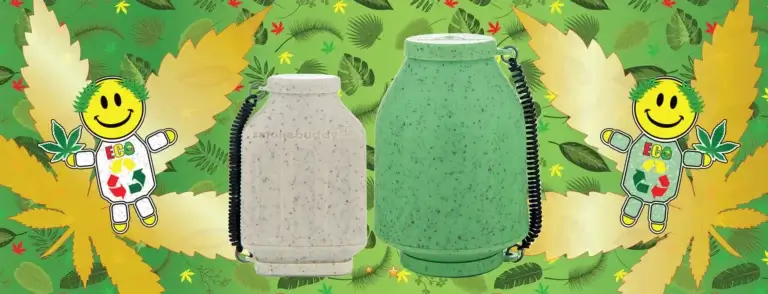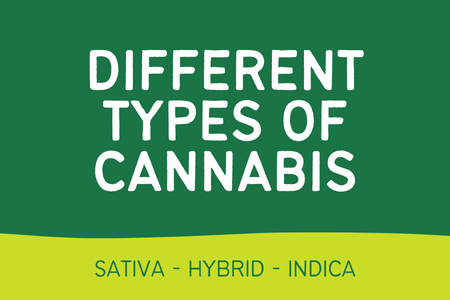Cannabis in Cameroon, Cannabis, locally referred to as banga in Cameroon, has a complex history and legal status. Despite its illegal status, it is widely cultivated and used not only for recreational purposes but also in traditional medicines and beauty products.
Early History of Cannabis in Cameroon
In Cameroon, women traditionally crushed cannabis leaves and applied them to the abdomen to relieve the pains of women in labor. They also inserted cannabis into the vagina to maintain dry friction for their lover, and mixed cannabis with oil as a hair tonic to stimulate growth.
Legal Status of Cannabis in Cameroon
Cameroon’s laws forbid the use, sale, or purchase of cannabis. However, the country is unusual in that it has a dual legal system due to its colonial past. Most regions follow a civil law system based on the French colonial administration of the past. However, other regions maintain common law tradition. The country has a unified court system. This can make criminal cases complicated, especially when there is no official documentation to determine exactly what punishment cannabis users or possessors should be given, as the Penal Code does not mention narcotics of any kind.
Despite the fact that it is illegal, cannabis usage is common in Cameroon. The country’s Anti-Drug National Committee released statistics in 2018, showing that 21% of the population had tried a hard drug, with 10% being regular users. Cannabis was the most commonly used drug, accounting for 58.54% of demand.
Cannabis Trafficking
Drug trafficking is a problem in Cameroon, with cannabis regularly being smuggled in and out of the country via the sea and airports. Large drug shipments are usually smuggled as sea freight, whereas smaller quantities of cannabis are generally carried by ‘mules’ on flights from Douala International Airport.
In recent years, Cameroon’s authorities have taken steps to address the problem, in combination with external organizations and other governments around the world. In 2016, the country joined forces with UNODC to launch two interdiction forces, at Douala and Yaounde airports.
Cannabis Cultivation
It’s illegal to grow cannabis in the country. However, like many other West African nations, its cultivation is relatively commonplace. The climate provides the ideal environment for the plants to thrive, with the high plateaux being suitable for some strains, and the semi-arid regions of the Sahel being well suited to others.
Cannabis has a high market value, which gives farmers plenty of motivation to grow it. In northern Cameroon, some rural farmers claim that the majority of their income is derived from cannabis. This presents problems for the government, not only because it’s an illegal trade, but also because farmers are choosing to grow cannabis instead of food products. This means that Cameroon’s basic food requirements may not be met in the future.
Future of Cannabis Legalization
In 2001, the BBC reported that Cameroon would legalize medicinal cannabis, but import its supply from Canada. However, there has been no significant progress in this regard. The future of cannabis legalization in Cameroon remains uncertain, but the traditional and widespread use of the plant in the country suggests that it will continue to be a significant part of Cameroonian culture and economy.








